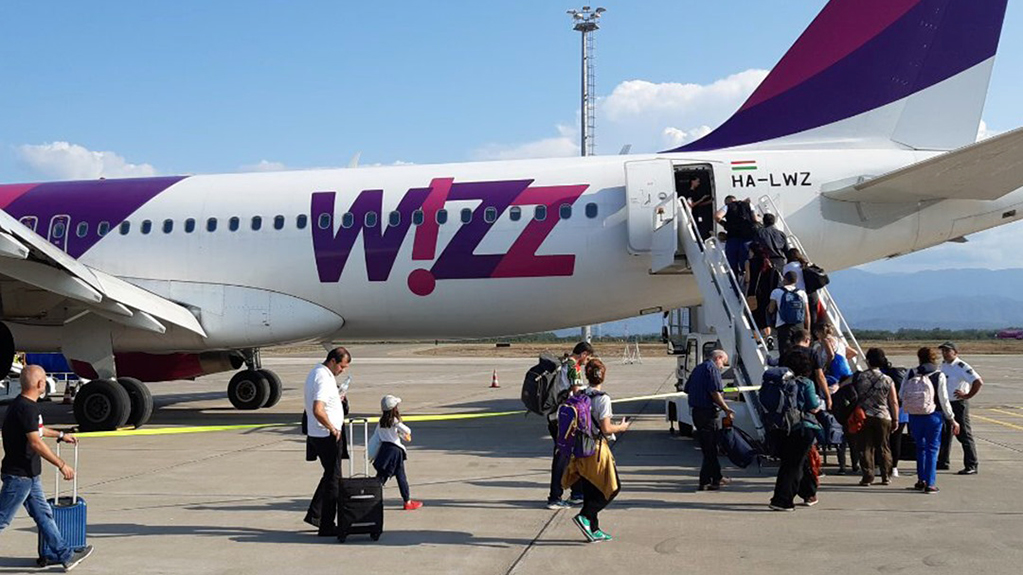The Financial Times reports that in response to the government's defiant stance on the Russian-inspired Foreign Agents law, several EU countries are calling for sanctions against Georgia, including the suspension of visa-free travel.
News
The article mentions that Georgia, a candidate country for the European Union, has ignored warnings from Brussels and street protests to adopt a controversial law similar to one in Russia, which requires foreign-funded media outlets and human rights groups to register.
Estonia, the Netherlands, the Czech Republic, and Sweden are among the countries calling for curbs to be discussed at a meeting of EU foreign ministers next week. In addition to canceling visa-free travel to the EU for Georgian citizens, targeted sanctions and a freeze on EU funding are being considered, sources familiar with the matter told the Financial Times.
European capitals are discussing "different measures of pressure on the Georgian government," officials say.
The Financial Times notes that Georgia's ruling Georgian Dream party vowed to finalize the law in the coming weeks and denounced international pressure on Tuesday, following reports that members of the US Congress were also urging the Biden administration to impose sanctions. "A number of American politicians and officials are talking to Georgia in the language of blackmail," the periodical quotes the statement of Georgian Dream.
The publication notes that the European Union is likely to act more slowly than Washington, as some countries fear that suspending visa-free travel may backfire. Tens of thousands of Georgians have taken to the streets with EU flags to protest the law in recent weeks.
"You have to be careful not to target the wrong people," said one EU diplomat.
However, the Financial Times notes that any EU sanctions, which must be agreed upon unanimously by all 27 countries, may be further delayed by Hungary, which supports the Georgian government.
The Georgian Parliament adopted the Russian Law on so-called Foreign Agents in the third and final reading at the May 14 plenary session. Eighty-four deputies supported it, while thirty opposed it. Georgian Dream plans to override the President's veto next week.















